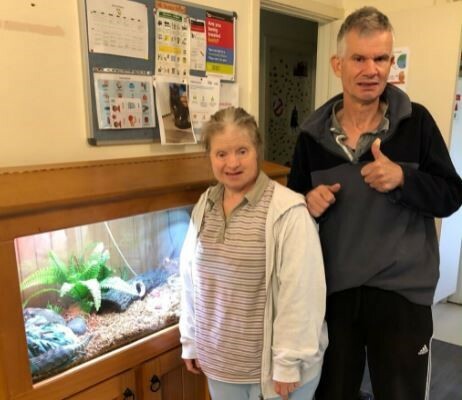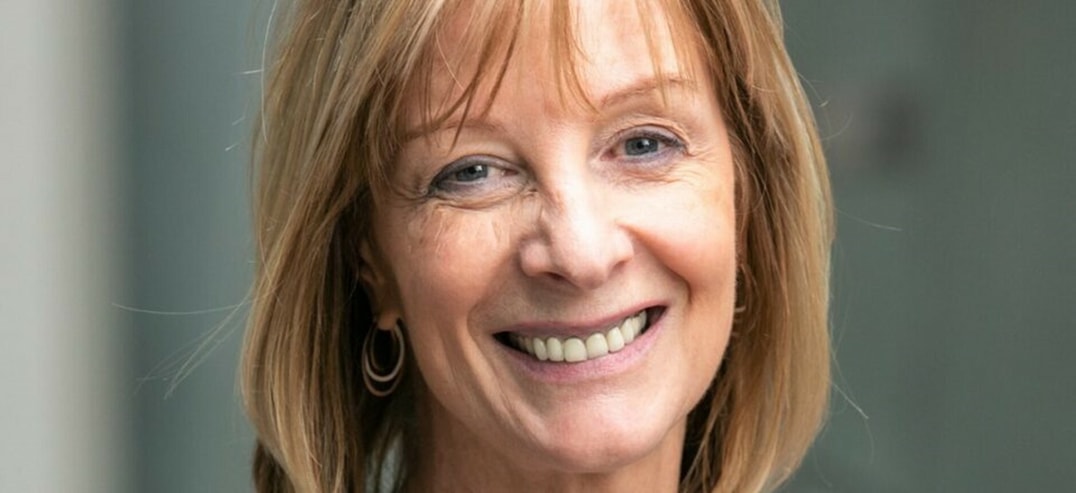The online world presents countless opportunities for young people, offering avenues for connection, learning, and self-expression. For young people living with disability, digital platforms can provide unique ways to engage and participate in communities that may at times be harder to access in the physical world. However, alongside these opportunities, there are also challenges—especially for those who face cognitive difficulties and low literacy.
One parent who understands this reality well is Chrissy Singh, whose teenage son, Ariyan, loves gaming, with Super Mario, Roblox, and Pokémon among some of his favourites. Chrissy supports his passion for being online because she knows it helps him develop social skills and enjoy a sense of community.
However, Chrissy also knows the risks that come with this space. From pop-up messages asking for personal information to hurtful comments from other gamers, the online world can be a complicated and potentially dangerous place to navigate.
Chrissy’s experience is not unique. Many parents, guardians, and carers of young people with disabilities face similar concerns. They want to encourage their children’s independence online, but they also recognise the potential dangers. It’s a fine balance between supporting their digital exploration and protecting them from risks like cyberbullying, scams, and inappropriate content.
Empowering parents and carers with the right tools
To help address these concerns, Scope partnered with the eSafety Commissioner to develop the Be Safe Online resources. These tools are designed to not only protect young people living with disability but also to empower parents, guardians, and carers to have meaningful conversations about online safety.
Over an 18-month period, these resources were developed with input from young people with lived experience, their families, carers, educators, and subject matter experts. The goal was to create accessible, easy-to-understand materials that address the unique needs of this vulnerable group.
Tailored resources for safer digital engagement
The resources are divided into three key areas, each designed to facilitate online safety in a way that is accessible and effective:
- Easy English Resources: These free resources cover essential topics like staying safe from scams, providing online consent, and maintaining a healthy online balance. Designed for people with communication disabilities and low literacy, the resources can be used with the support of a communication partner if needed.
- Communication Tools: To help young people communicate when something goes wrong online, a Communication Book and Key Word Sign Resource were developed. These tools make it easier for individuals to report incidents of online abuse or inappropriate content to the eSafety Commissioner.
- eLearning Module: For educators and trainers, the module offers guidance on how to provide more accessible content to their audiences, ensuring that young people with disabilities receive the support they need to navigate the online world safely.
These resources don’t just focus on the young people themselves. They also empower parents, carers and educators by breaking down online safety into manageable steps.
As Chrissy has highlighted, tools like these can make it easier to explain critical messages to young people in a way they can truly understand. Whether it’s recognising when something is not okay or knowing how to report an issue, the resources provide clarity and confidence for everyone involved.
A new era of online safety for young people with disability
The Be Safe Online resources are a much-needed step in the right direction to ensuring young people can be online safely. They support people like Ariyan, while also giving parents the confidence to guide their children through the complexities of the digital world.
Funded by the eSafety Commissioner’s Online Safety Grants Program, the resources are designed to be adaptable, accessible, and empowering. They offer support to both individuals and professionals alike, to ensure a safer and more inclusive online experience for all young people, especially those living with disability.
For more information about the Be Safe Online
resources, visit: https://www.scopeaust.org.au/disability-services/communication-aids/be-safe-online.


